A global partnership of scientists, policy practitioners and financial experts launched Mapping Ocean Wealth in January 2014. Led by The Nature Conservancy, this effort was conceptualized and incubated in partnership with The World Bank and is mapping the world’s vast ocean wealth in all its many forms and changing conservation and development policies and practices in the process through an understanding of how and where ocean wealth is generated and value
Expert Advisors
The Mapping Ocean Wealth team includes science and policy experts from around the world.
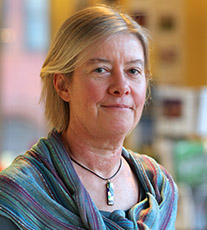
Lauretta Burke
Senior Associate
World Resources Institute

Dr. Will McClintock
Senior Fellow at the National Center for Ecological Analysis and Synthesis within the University of California Santa Barbara
Director, SeaSketch
About Dr. Will McClintock
Dr. Will McClintock is a Senior Fellow at the National Center for Ecological Analysis and Synthesis within the University of California Santa Barbara. His lab of software engineers and marine planners support a variety of marine science and planning efforts globally. Their flagship software service, SeaSketch (www.seasketch.org) is used in dozens of countries to engage stakeholders in the design of zones for the sustainable use and protection of ocean resources. He received his Ph.D. in Ecology, Evolution and Marine Biology from the University of California Santa Barbara, M.A. in Counseling Psychology from Pacifica Graduate Institute, M.S. in Behavioral Ecology from the University of Cincinnati and B.A. in Biology from Earlham College.
Dr. Will McClintock is a Senior Fellow at the National Center for Ecological Analysis and Synthesis within the University of California Santa Barbara. His lab of software engineers and marine planners support a variety of marine science and planning efforts globally. Their flagship software service, SeaSketch (www.seasketch.org) is used in dozens of countries to engage stakeholders in the design of zones for the sustainable use and protection of ocean resources. He received his Ph.D. in Ecology, Evolution and Marine Biology from the University of California Santa Barbara, M.A. in Counseling Psychology from Pacifica Graduate Institute, M.S. in Behavioral Ecology from the University of Cincinnati and B.A. in Biology from Earlham College.
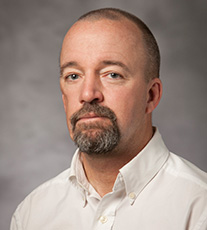
Dr. Linwood Pendleton
Advisor
Duke University
About Dr. Pendleton
Linwood Pendleton holds the International Chair of Excellence at the European Institute for Marine Studies, in the Institute for Marine Law and Economics, at the University of Brest and Laboratory of Excellence in Brest, France. He is a senior scholar in the Ocean and Coastal Policy Program at Duke University’s Nicholas Institute for Environmental Policy Solutions. Pendleton’s work focuses on policies that affect human uses and enjoyment of ocean and coastal resources – both living and non-living. He is the Director of the Marine Ecosystem Services Partnership, author of many scholarly articles, and coordinates the Marine Secretariat of the international Ecosystem Services Partnership. Pendleton’s current projects include understanding the economic and human impacts of ocean acidification (funded by SESYNC and the Prince Albert II Foundation), Mapping Ocean Wealth (with the Nature Conservancy), the economics of coastal blue carbon (Global Environmental Facility), and efforts to better manage the deep sea. Pendleton served as Acting Chief Economist at NOAA from January 2011 through August 2013.
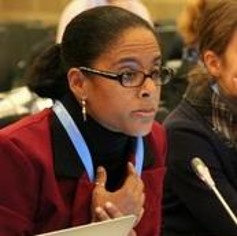
Susanna Scott
Project Coordinator
Caribbean Regional Oceanscape Project, Organisation of Eastern Caribbean States
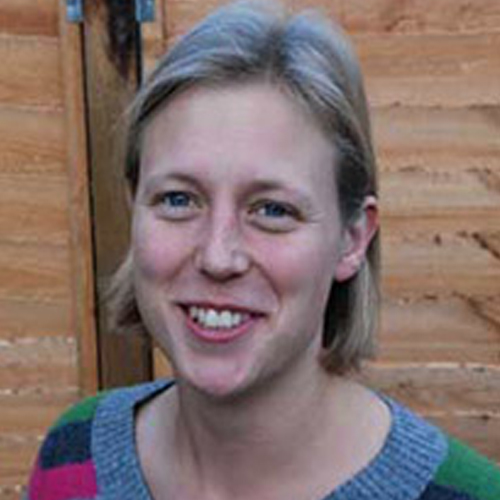
Dr. Philine zu Ermgassen
Associate affiliated to the Changing Oceans Group
School of Geosciences University of Edinburgh
The Nature Conservancy Staff & Experts
These team members lead and manage the Ocean Wealth project.
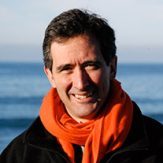
Dr. Mark Spalding
Senior Scientist & Global Science Lead
About Dr. Mark Spalding
Dr. Will McClintock is a Senior Fellow at the National Center for Ecological Analysis and Synthesis within the University of California Santa Barbara. His lab of software engineers and marine planners support a variety of marine science and planning efforts globally. Their flagship software service, SeaSketch (www.seasketch.org) is used in dozens of countries to engage stakeholders in the design of zones for the sustainable use and protection of ocean resources. He received his Ph.D. in Ecology, Evolution and Marine Biology from the University of California Santa Barbara, M.A. in Counseling Psychology from Pacifica Graduate Institute, M.S. in Behavioral Ecology from the University of Cincinnati and B.A. in Biology from Earlham College.
Mark Spalding is the Lead Scientist in the Mapping Ocean Wealth project. A TNC employee for over a decade, Mark has worked on many global syntheses and analyses describing the distribution and condition of marine and coastal resources, and looking at conservation efforts, notably with the use of marine protected areas. He is based out of the University of Cambridge in the UK where he works with colleagues and post-docs and where his work is now entirely focused on understanding, modelling and mapping ecosystem services in marine and coastal settings.

Kate Longley-Wood
MSP Science Manager and MOW Project Manager
About Kate Longley-Wood
Kate Longley-Wood sits on the Global Oceans Team as an ocean mapping coordinator. Her work includes managing and developing datasets, online tools, and other communication materials for Mapping Ocean Wealth. She also supports a variety of marine spatial planning projects at TNC, including projects in the Seychelles and in Marismas Nacionales, Mexico. Prior to working at TNC, she supported marine spatial planning efforts in the Northeast US.
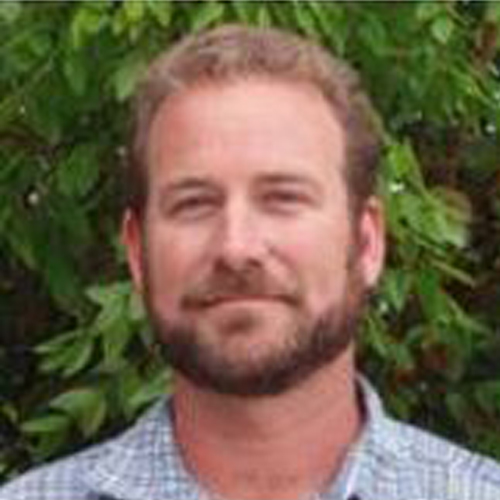
Chris Bergh
South Florida Program Manager
About Chris Bergh
Chris Bergh’s work focuses on three main areas: 1. Sea level rise adaptation in the Florida Keys and beyond; 2. Land stewardship (primarily fire and invasive species management) in the Florida Keys, Bahamas and wider Caribbean; and 3. Coral reef resilience, restoration and management in Florida and Caribbean
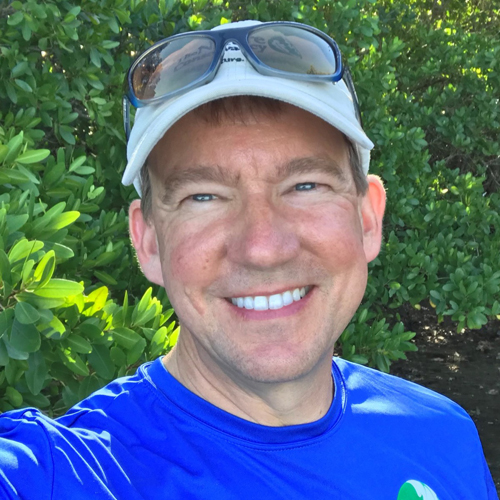
Dr. Robert Brumbaugh
Senior Scientist & Project Lead
About Dr. Robert Brumbaugh
Dr. Rob Brumbaugh is an ocean scientist with The Nature Conservancy’s Global Marine Team, with 20 years of experience in the field of ocean conservation and management. He leads the Conservancy’s global strategy for Integrated Ocean Management, and Mapping Ocean Wealth is an integral component of that strategy. Mapping Ocean Wealth provides a critically important pathway for transforming ocean management by developing new knowledge about ocean benefits and using that information to make better decisions about the use of ocean space.
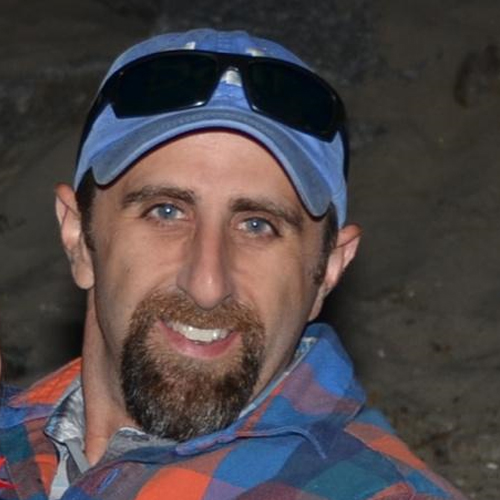
Bryan DeAngelis
NA Fish Production Lead Lead
About Bryan DeAngelis
Bryan DeAngelis is a Marine Habitat Specialist and Program Coordinator for the North America Ocean’s and Coasts Program. His work on marine habitat conservation and restoration spans a range of habitat types from salmon habitat in the Northwest to coral restoration in Puerto Rico, the US Virgin Islands and Hawaii, with sponge habitat, mangrove, salt marsh, seagrass and plenty of bivalve restoration projects in between. He manages multiple cooperative agreements between NOAA and TNC, and works directly GR staff to serve as the nexus between the federal government and the Conservancy. Most recently, he has been supporting our fisheries goals in North America. Specifically, he has been working with federal, state and academic partners to advance the science behind estimating the augmented production of fish and invertebrates from coastal habitats, and then translating this science to inform actual fisheries and resource management reform.
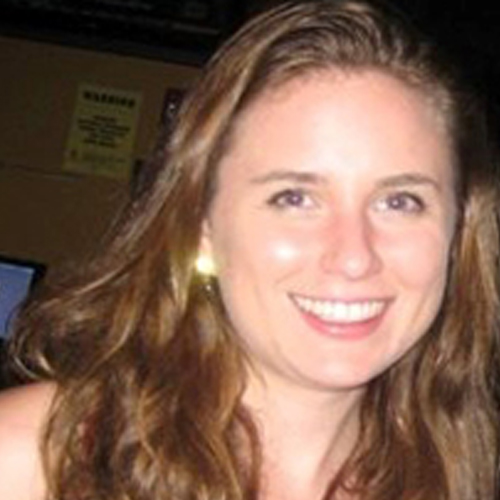
Emily Landis
Carbon Lead
About Emily Landis
Emily Landis is the Coastal Wetlands Strategy Lead at the Nature Conservancy. Emily works as the project manager for the Mapping Ocean Wealth project within The Nature Conservancy’s Global Marine Team. Emily comes with a marine background working for the Global Ocean Commission, Pew Charitable Trusts and Rare. She holds a Master’s Degree in biology from University College London, and during her tenure at UCL she worked directly with the Zoological Society of London and Natural England. She also holds a Bachelor of Arts degree in environmental science from American University.
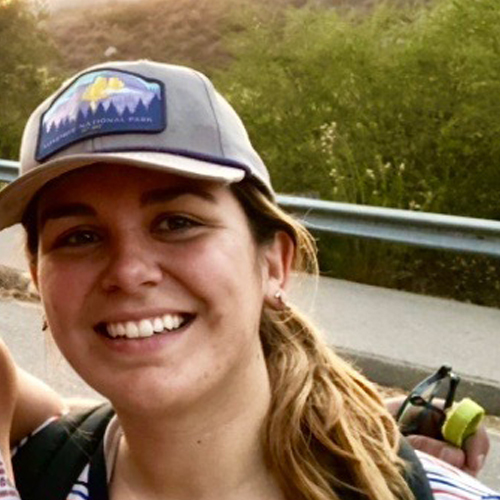
Valerie McNulty
Spatial Ecologist, Caribbean Team
About Valerie McNulty
Valerie McNulty is the Spatial Ecologist for the Caribbean team. She manages all ecological and socioeconomic spatial data for the Caribbean and uses remote sensing and GIS to support Caribbean projects. Valerie has supported projects in marine spatial planning, blue carbon storage, coastal resilience, and ecosystem-based climate adaptation. She assists with field data collection for habitat mapping and is a certified AAUS Scientific Diver. Valerie has previously worked with The Nature Conservancy’s Texas team on migratory species conservation in the Gulf of Mexico and with the New York City program on green roof infrastructure and open space mapping.
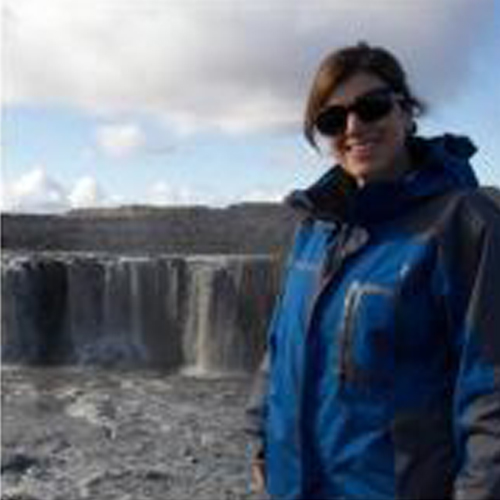
Dr. Marta Ribera
Spatial Ecologist
About Dr. Marta Ribera
Marta Ribera’s work at TNC focuses on marine and coastal ecosystems, developing and implementing spatially-based conservation projects across the United States. Current projects include mapping seafloor habitats, updating the Northwest Atlantic Ecoregional Assessment, and working with the Northeast Regional Data Portal. She specializes in translating difficult to understand spatial analyses into maps, visualizations and animations. She completed her PhD at Boston University with a thesis analyzing time series of remote sensing information to determine areas of high productivity in the Gulf of Maine.
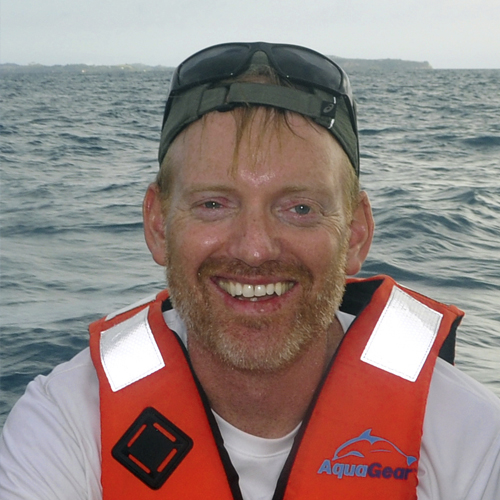
Dr. Steve Schill
Caribbean Lead
About Steve Schill
Dr. Steve Schill is the Lead Scientist for The Nature Conservancy’s Caribbean Division. As a marine conservation specialist, he has been promoting the use of technology to protect and manage marine resources for the past twenty years. He works with governments to map coral and mangroves, strategically expand marine protected areas, and develop new technique to measure ecosystem health and quantify benefits provided to people. Steve received his doctorate in Geography from the University of South Carolina and is currently an Adjunct Professor at Brigham Young University’s Department of Geography where he teaches courses in remote sensing.
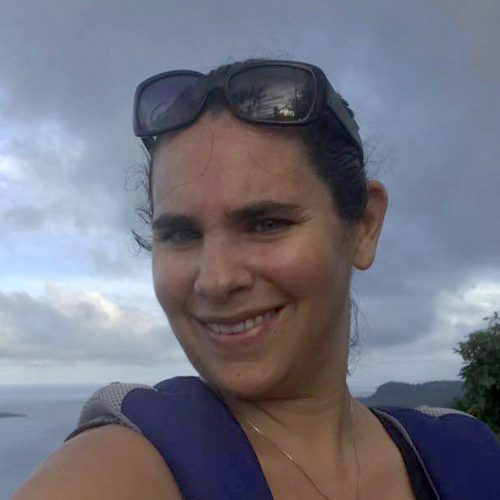
Elizabeth Terk
Micronesia Team Lead
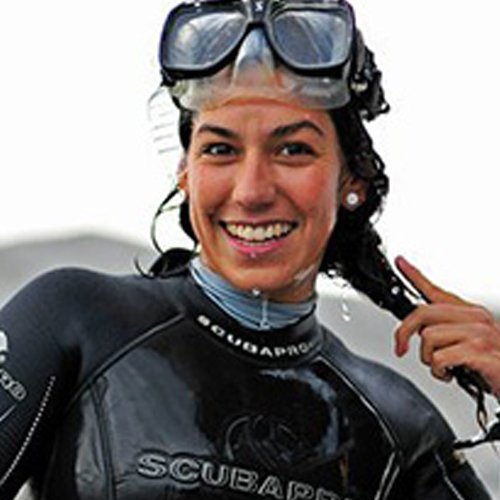
Mariana Walther Mendoza
Gulf of California Lead
About Mariana Walther Mendoza
Mariana Walther works as the Gulf of California Coordinator within The Nature Conservancy’s Mexico and Northern Central America Oceans Team. She coordinates the Baja Marine Initiative, a 10-year endeavor to double the amount of conservation and fisheries management areas in the region. Mariana holds a Bachelor degree in Marine Biology from the Autonomous University of Baja California Sur and a Master degree on Environmental Management from the University of Queensland.

Dr. Philine zu Ermgassen
Fisheries Researcher
About Dr. Philine zu Ermgassen
Philine zu Ermgassen is a Postdoctoral researcher whose work has made a critical contribution to the Mapping Ocean Wealth project. Initially at the University of Cambridge and now at the University of Edinburgh, her research has focused on oyster reefs and their roles in filtration and fisheries enhancement. Her current work involves quantifying the fish enhancement role by a whole host of marine ecosystems.
Image credits: © Tim Calver (Banner)

